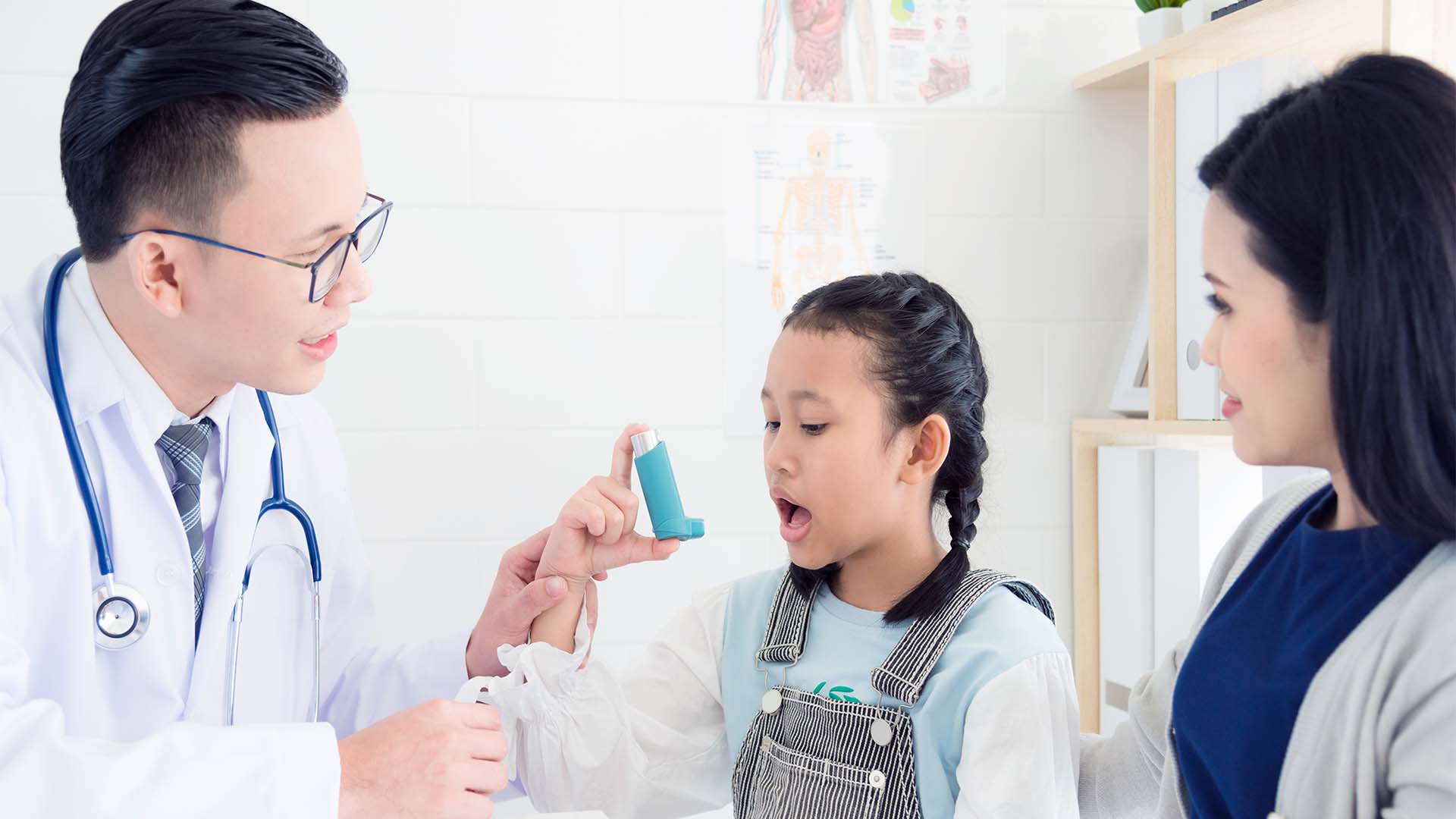Learning Program I (For Healthcare Professionals)
Evidence-based Curriculum
Evidence-based Curriculum
Program I addresses critical public health literacy needs by educating clinicians, educators, and administrators about the benefits of patient proficiency. This course reviews independent health literacy program's current gaps in patient education, characteristics, and functionalities that would automatically improve our healthcare industry- to its entirety. This informational course also shows how health literacy programs help improve patients, families, and informal caregivers’ ability to cope with common and complex diagnoses, delivery of sophisticated at-home care, and (health record) safety and protection in cases of emergency or disaster situations.

Patient-Centered
Patient-Centered
- Focused on teaching what information is valuable and meaningful.
- Adapted the relationship-centered care and patients as partners models.
- Formulated concepts, ideas, & processes that are relatable.

Meaningful Learning
Meaningful Learning
- Standardized framework that supplies unified learning.
- Application to a large pool of socio-demographic area.
- Caters to diverse populations & empathetic of individual circumstances.

Independent
Independent
- Independent and without system, payer, age, location, or condition affiliation.
- Can be communicated under any situation without internet access.
- Instructions are updated and applied as the health industry changes.

EPIC Partnership
- Individuals oversee and better participate as an equal partner in care.
- Increase communication and literacy skills.
- Coordinate respectful and equal exchanges of information and adheres to the "Patients as Partners" model.
About

The Patient Better Project offers a one-hour online webinar to healthcare professionals, educators, and home health and home care workers to learn how to reduce the health illiteracy rate plaguing our health consumers. This independent medical education course teaches the best practices for identifying health illiteracy and details the important elements required for patient, family, and informal caregiver adaptation, application, and outcome success. In this course, you will learn how a health literacy program can be successfully incorporated into treatment plans and provided as an ancillary educational support service without distracting condition management (patient) training.
Learning Program II (For People)




How would you rate your healthcare knowledge?
Take the Health Proficiency Challenge and get immediate results.